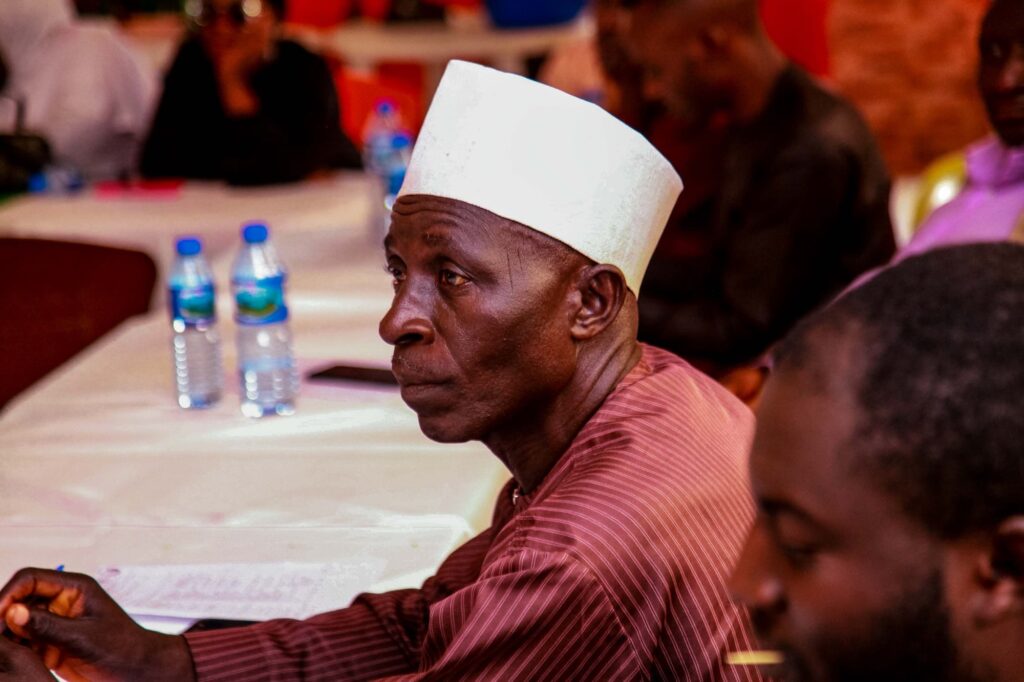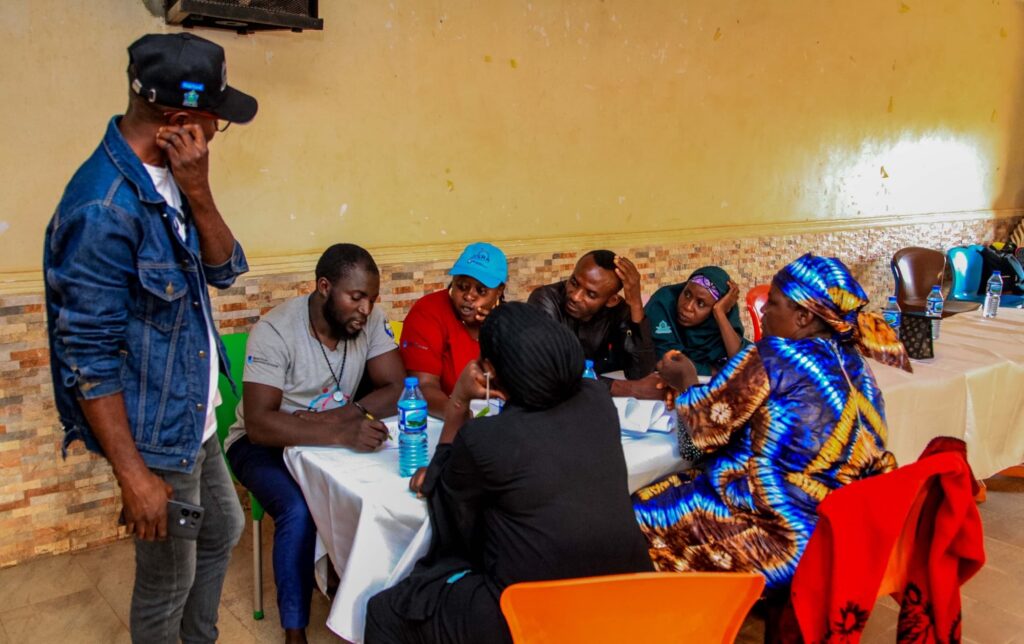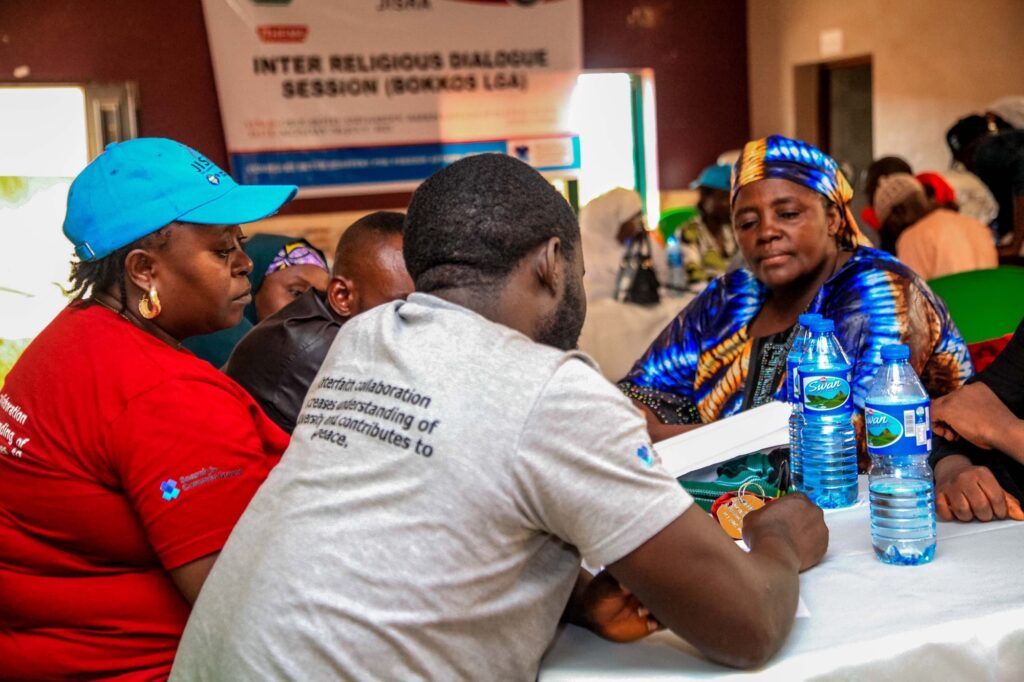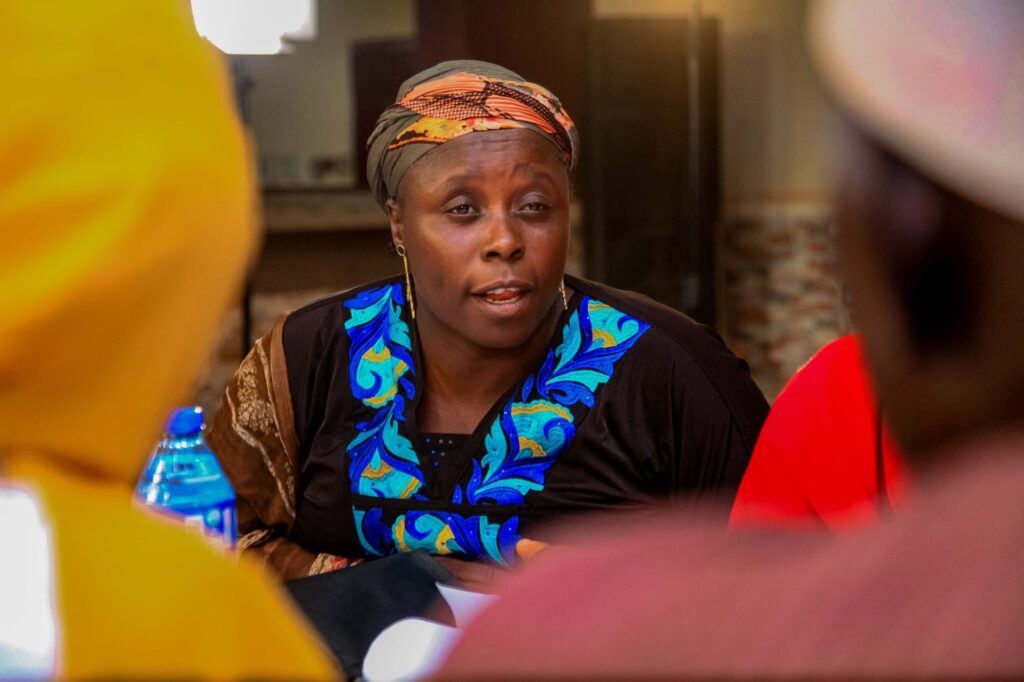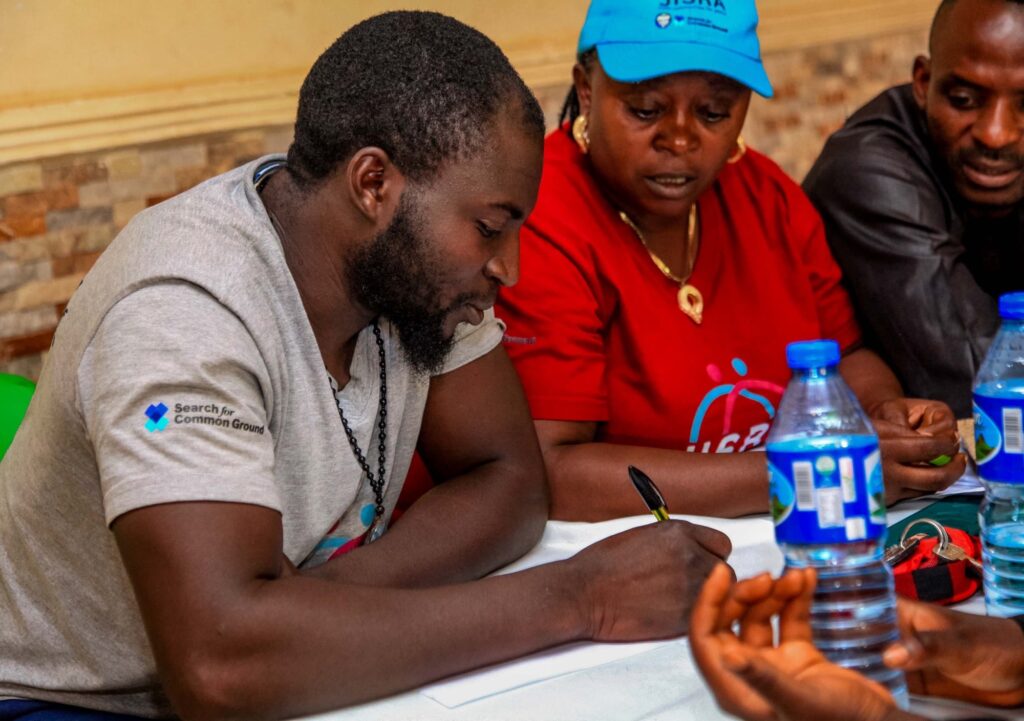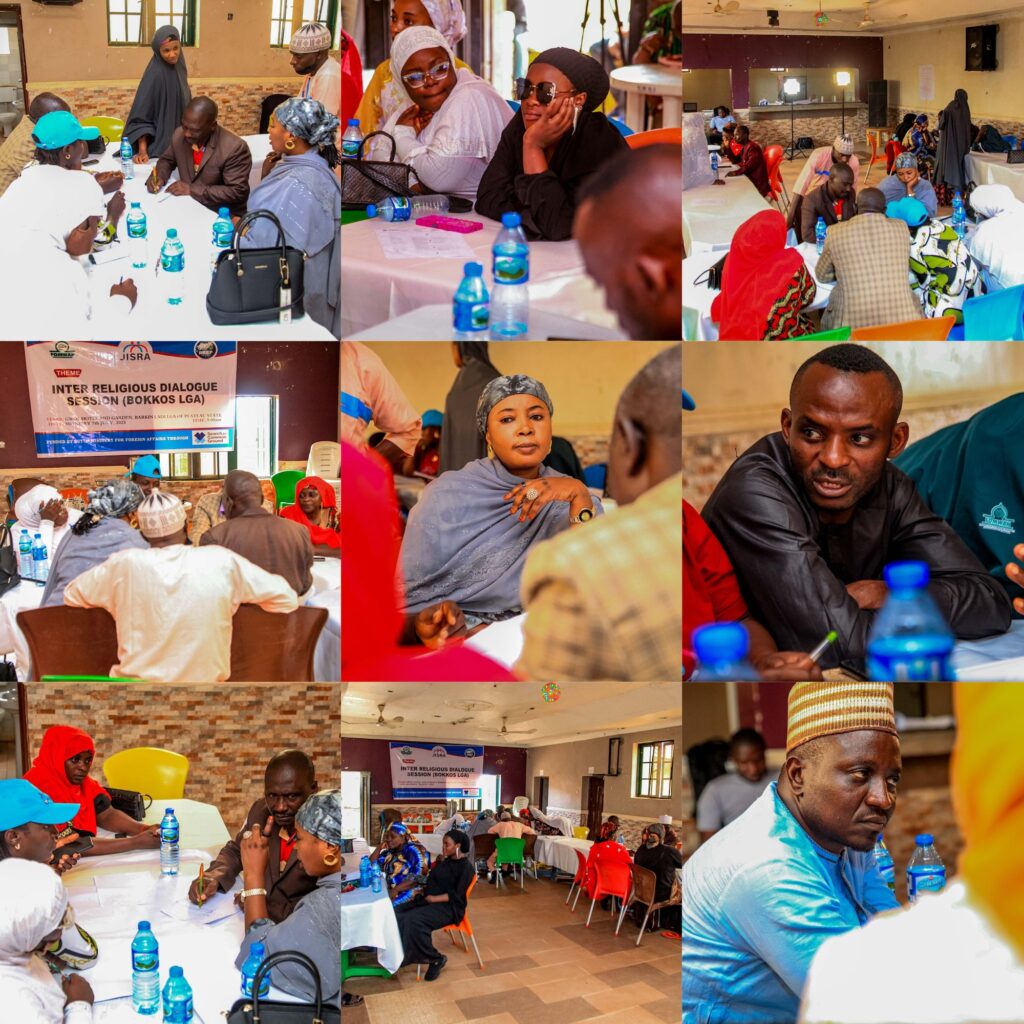In an era where religious divides often fuel conflict, the Joint Initiative for Strategic Religious Action (JISRA) is leading a transformative movement proving that dialogue, understanding, and collaboration can be powerful tools for peace.
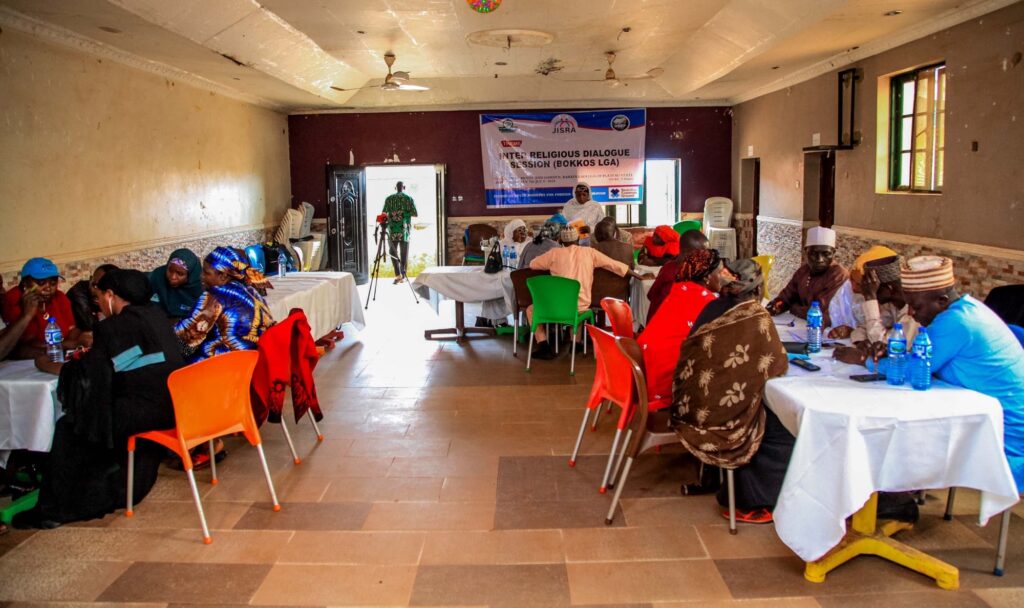
Over two impactful days, 39 Christian and Muslim participants including women, youth, and local leaders gathered in Barkin Ladi under the JISRA initiative to engage in a series of interfaith dialogue sessions. The event, spearheaded by the Dialogue, Reconciliation and Peace (DREP) Center, Federation of Muslim Women’s Associations in Nigeria (FOMWAN), and Search for Common Ground (SFCG), was part of a wider effort to strengthen peaceful coexistence across Plateau State.
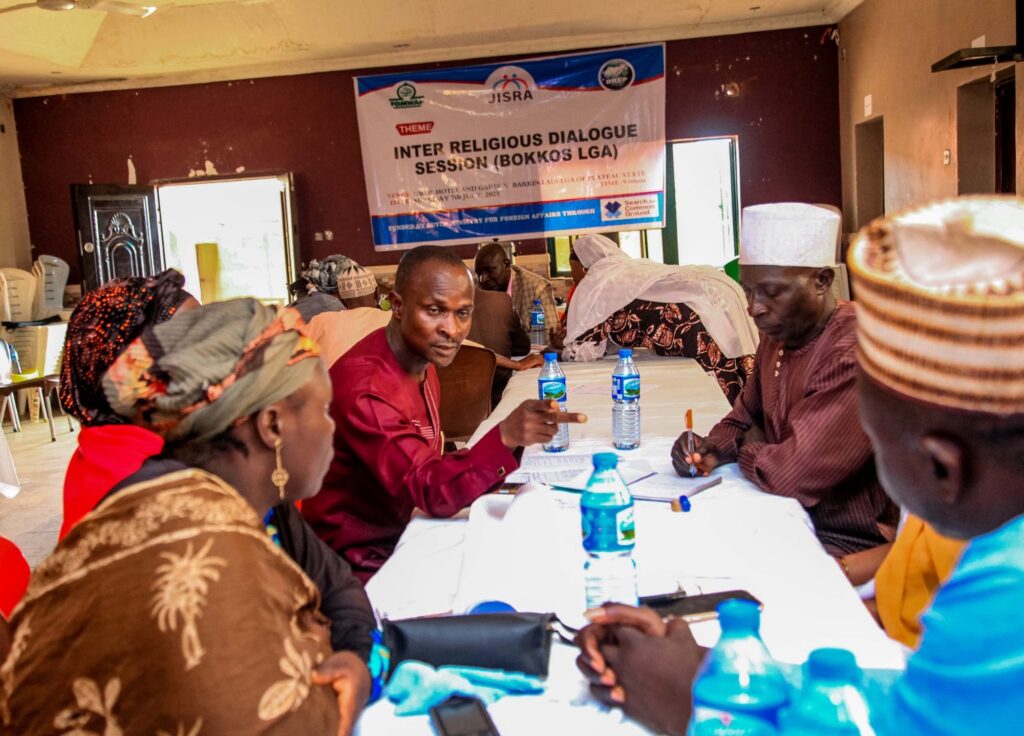
These sessions form part of a multi-pronged program that also includes similar dialogues in Bokkos LGA and town hall meetings with councillors, LGA chairmen, and traditional authorities ensuring that community insights and recommendations reach the very top of local decision-making structures.
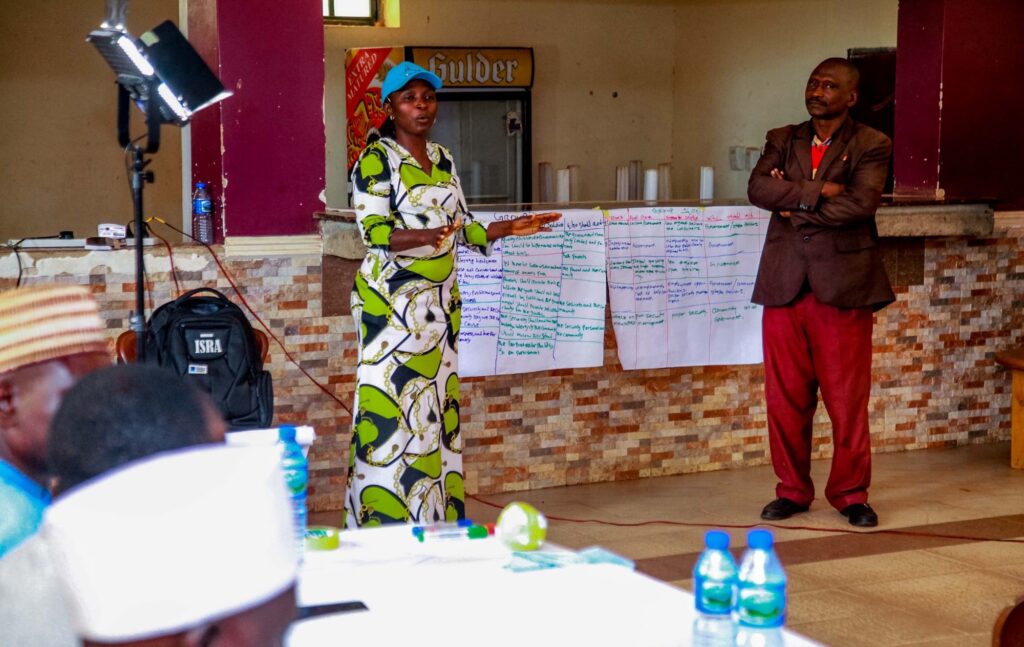
The Barkin Ladi gathering provided a safe space for open and honest engagement. Participants tackled sensitive issues head-on from youth drug abuse to farmer-herder clashes, kidnapping, discrimination, and the role of security personnel in illegal mining.
But more than airing grievances, attendees worked together to propose solutions an approach that emphasizes the power of community ownership and cooperation across religious lines.
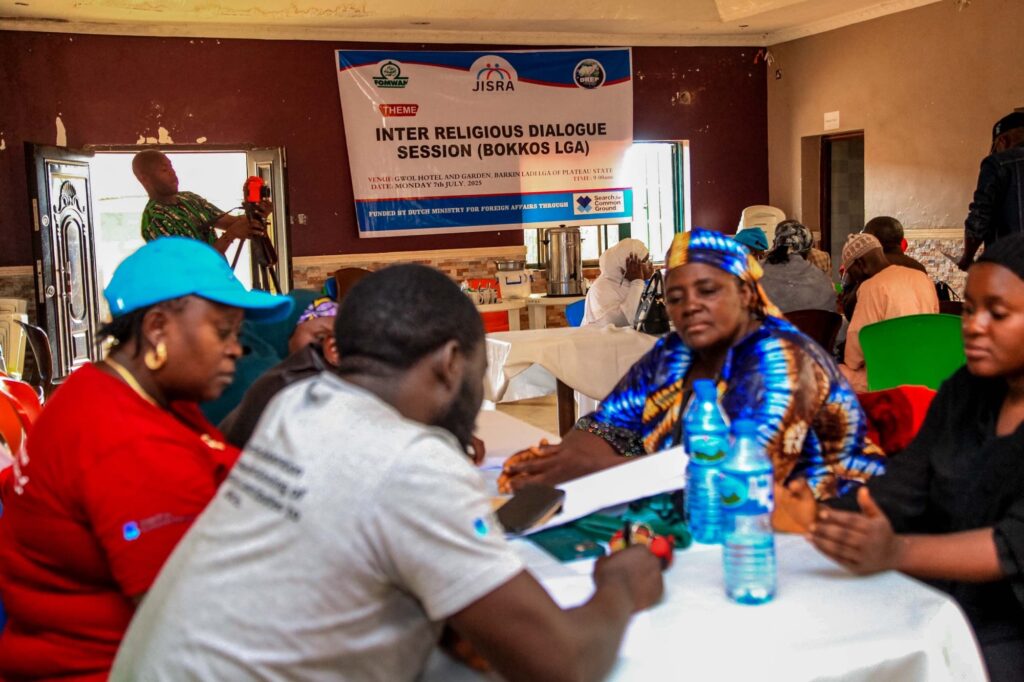
“This dialogue opened my eyes to how much we actually share across our faiths,” said participant Saminu Shaibu. “It’s not about who is right or wrong, but how we can live together in peace and mutual respect.”
Christian and Muslim leaders grounded the sessions in religious teachings that promote peace and freedom of belief:
• Alhaji Laminga Malan cited Qur’an 2:256 “There is no compulsion in religion” underscoring Islam’s embrace of peaceful coexistence.
• Pastor Agabus Ibrahim, CAN Chairman for Daffo, referenced Romans 12:18: “If it is possible, as far as it depends on you, live at peace with everyone.”
• Rev. Sambo Dangata and Imam Danlami shared real-life stories of interfaith cooperation and conflict resolution, demonstrating that coexistence is not only possible but already happening at the grassroots.
A standout aspect of the event was its gender balance 23 women and 16 men participated, ensuring that women’s experiences and ideas were central.
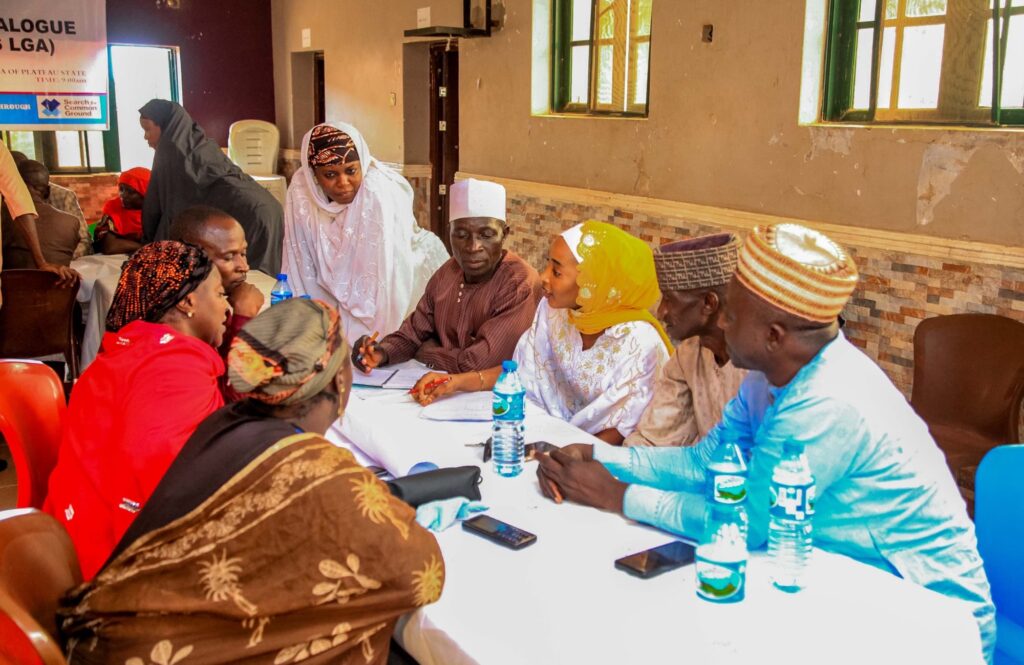
Fatima Abdullah, one of the female participants, noted: “As a woman, it meant a lot to be included and heard. Interfaith peacebuilding must include women’s voices if we want lasting change.”
Bulus Magaji added, “This dialogue reminded us that security starts with us. When Christians and Muslims talk and understand each other, peace becomes possible.”
The interfaith dialogue didn’t end with discussions. Participants proposed actionable recommendations and identified responsible actors for implementation from community groups to local authorities.
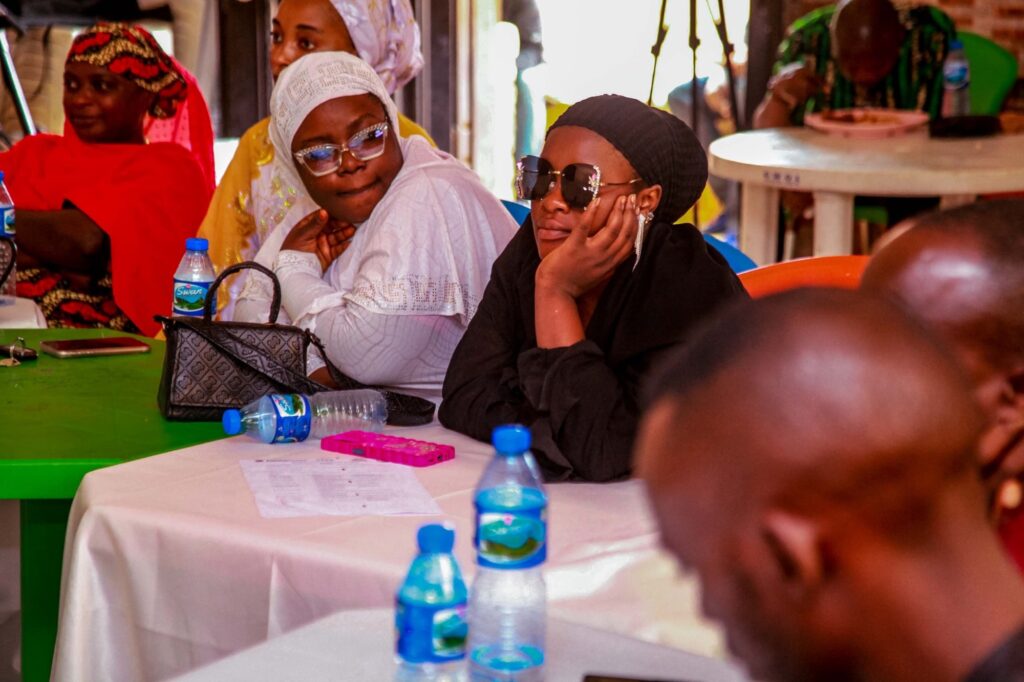
Key recommendations included:
• Strengthening drug prevention efforts targeting youth
• Establishing interfaith peace committees
• Promoting joint community projects
• Expanding awareness campaigns beyond dialogue participants
• Ensuring local government and traditional leaders act on the feedback shared
Davou Peter Davou emphasized the need for continuity: “Peaceful coexistence is not just a sloganit’s a daily practice. Our youth and traditional leaders must be involved for it to take root.”
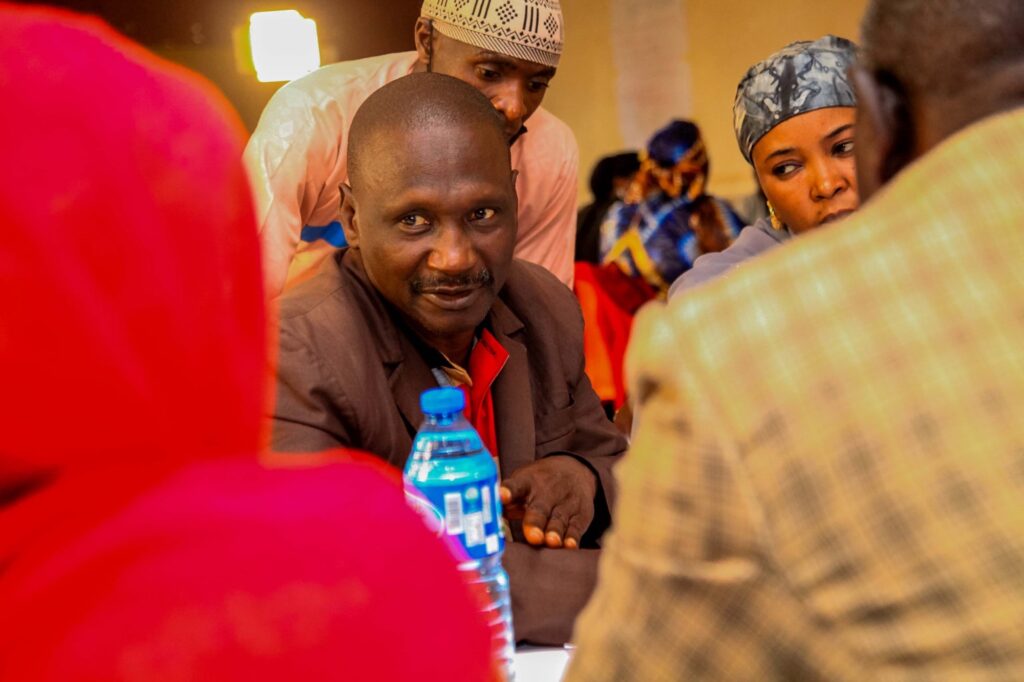
Since 2004, Search for Common Ground has been facilitating peace across Nigeria. Their collaboration with DREP Center and FOMWAN through JISRA is building a replicable model where local voices are not only heard but acted upon.
The initiative’s structured approach beginning with religious actors and culminating in town hall engagements with government leaders ensures that community-rooted solutions are translated into real change.
As Nigeria continues to grapple with insecurity and division, the success of the Barkin Ladi dialogue offers hope and a pathway forward: unity through understanding, peace through collaboration.
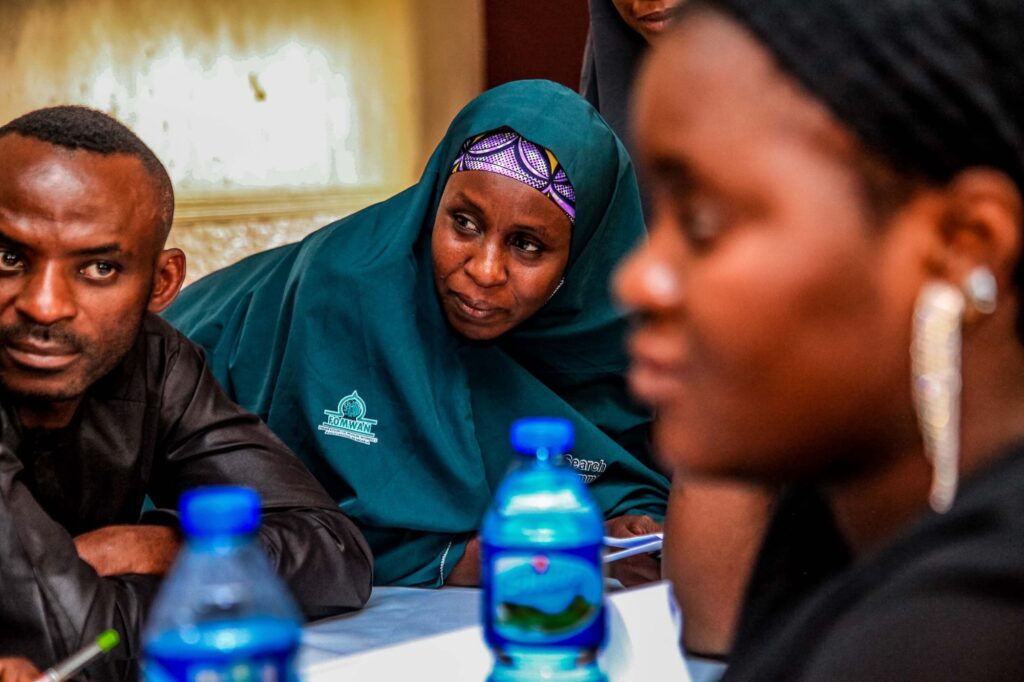
The bridges built during those two days are not just symbolic they are practical paths toward a more inclusive, secure, and peaceful Plateau State.
For more information on the JISRA project and upcoming peacebuilding activities, contact the project team at DREP Center, FOMWAN, or Search for Common Ground.
